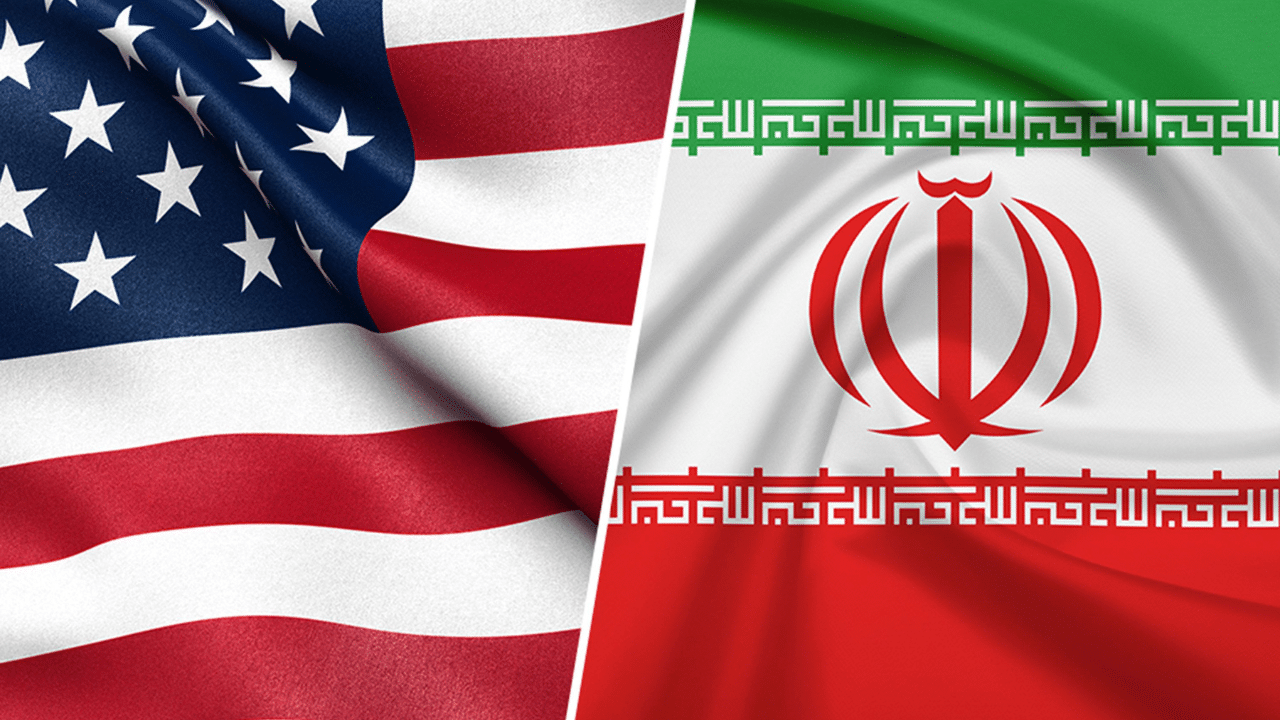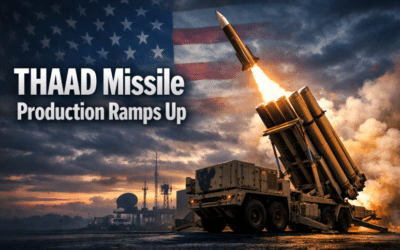As the result of a deal made possible by at least eight rounds of shuttle diplomacy mediated by Doha, the US and Iran may soon be conducting a prisoner swap. This agreement will additionally see $6 billion in previously frozen funds belonging to Iran transferred to banks in Qatar, where that money will be spent on food and medicine, according to eight Iranian and other sources speaking with Reuters.
On August 10, Tehran released four American citizens from prison into house arrest, where they joined a fifth. At least three of them had been accused of spying and cooperating with Washington. The three known prisoners tentatively being released are businessmen Siamak Namazi, 51, and Emad Sharqi, 59, along with environmentalist Morad Tahbaz, 67, according to the White House.
An equivalent number of unidentified Iranian prisoners held by the US for alleged sanctions violations will be released concurrently.
A source briefed on the discussions told the outlet that Qatari-led mediation gained traction in June, at least eight rounds of talks had been held since March 2022. The earlier rounds of talks focused on the nuclear issue before focusing on the prisoner swap. “They all [realized] that nuclear (negotiation) is a dead end and shifted focus to prisoners. Prisoners is more simple. It’s easy to get and you can build trust,” the source said, adding that is “when things got serious again.”
Per the agreement, Qatar shall implement a financial arrangement in which Doha will cover banking fees as well as monitor how Tehran spends the funds to ensure there is no violation of myriad US sanctions. During the swap, according to three of the sources, both groups of prisoners will transit Qatar.
A senior Western diplomat remarked, “Iran initially wanted direct access to the funds but in the end agreed to having access via Qatar… Iran will purchase food and medicine and Qatar will pay directly.” Washington agreed to have the frozen funds – proceeds from past oil sales – held in South Korea transferred to restricted accounts held by banks in Qatar, however, no money is going back to Iran directly, as a US State Department spokesperson stressed. The US will have “oversight as to how and when these funds are used.”
The White House has not yet commented on the timing of the transfer, but South Korean Foreign Minister Park Jin confirmed last week that the process is underway. The deal to unfreeze Iran’s money has been characterized by GOP hawks as a ransom being paid by the White House for the release of US prisoners. The negotiations which led to this arrangement were led, on the US side, by former Special Envoy for Iran Robert Malley.
Malley was targeted and sidelined, reportedly by hardliners in both Washington and Tehran, as he was attempting to negotiate a separate interim nuclear deal which would have seen billions more in Iranian funds unfrozen in exchange for Iran limiting its uranium enrichment and its continued cooperation with the UN nuclear watchdog. In June, Malley was placed on unpaid leave and his security clearance is under review.
At any rate, Tehran appears to be making good on its part of the deal, based on an International Atomic Energy Agency (IAEA) document that Reuters reported on last week. Although, Israel will not be satisfied if these developments help make future diplomatic engagement with the Islamic Republic possible.
Mossad chief David Barnea claimed that, during the past year, Tel Aviv foiled 27 assassination plots against Jews and Israelis across various continents, without providing evidence, while speaking at a security conference on Sunday. Barnea threatened that Israel will now be conducting more murders in Iran, “These prices will be exacted deep inside Iran, in the heart of Tehran.”
Tel Aviv regularly carries out sabotage attacks against Iran’s civilian nuclear energy program. Last year, Israel ramped up its drone strikes in Iran – which have continued through this year – while waging a substantial assassination campaign inside Iran, targeting aerospace engineers, scientists, and military figures. Israel often attacks Iran, or spreads propaganda regarding its nuclear program, when it appears there may be some successful engagement between Tehran and Washington.
Earlier this year, Prime Minister Benjamin Netanyahu warned no deal the US makes with the Islamic Republic will prevent the Israelis from attacking Iran over its nuclear facilities. Notwithstanding the Israeli claims, the CIA and the Pentagon say there is no evidence that Iran – a signatory to the Non-Proliferation Treaty (NPT) for over 50 years – is seeking a nuclear bomb.
Israel has never signed the NPT due to its open-secret nuclear arsenal thought to contain hundreds of warheads – technically making decades of American aid to Tel Aviv illegal under US foreign assistance laws.
This article was originally featured at Antiwar.com and is republished with permission.
































